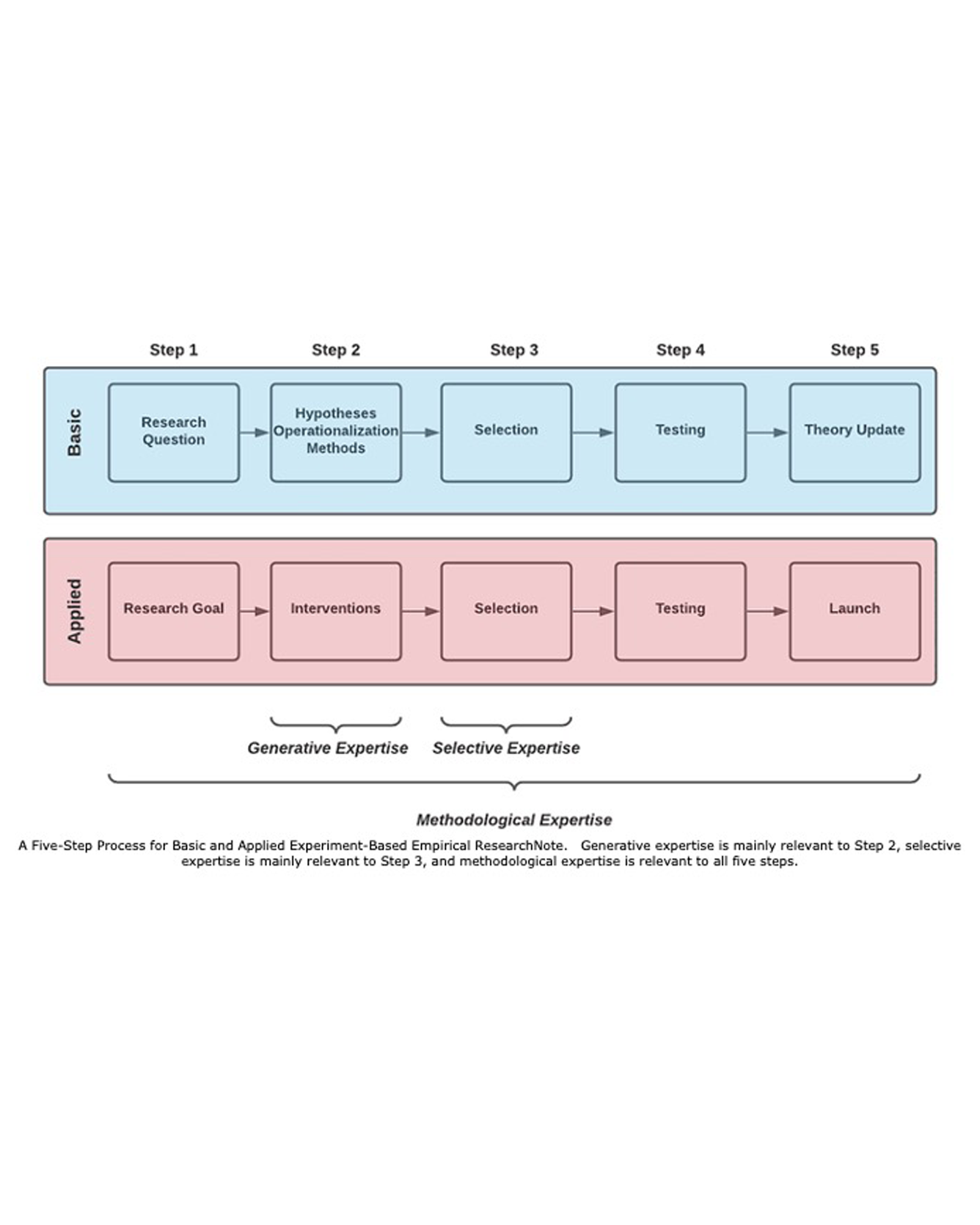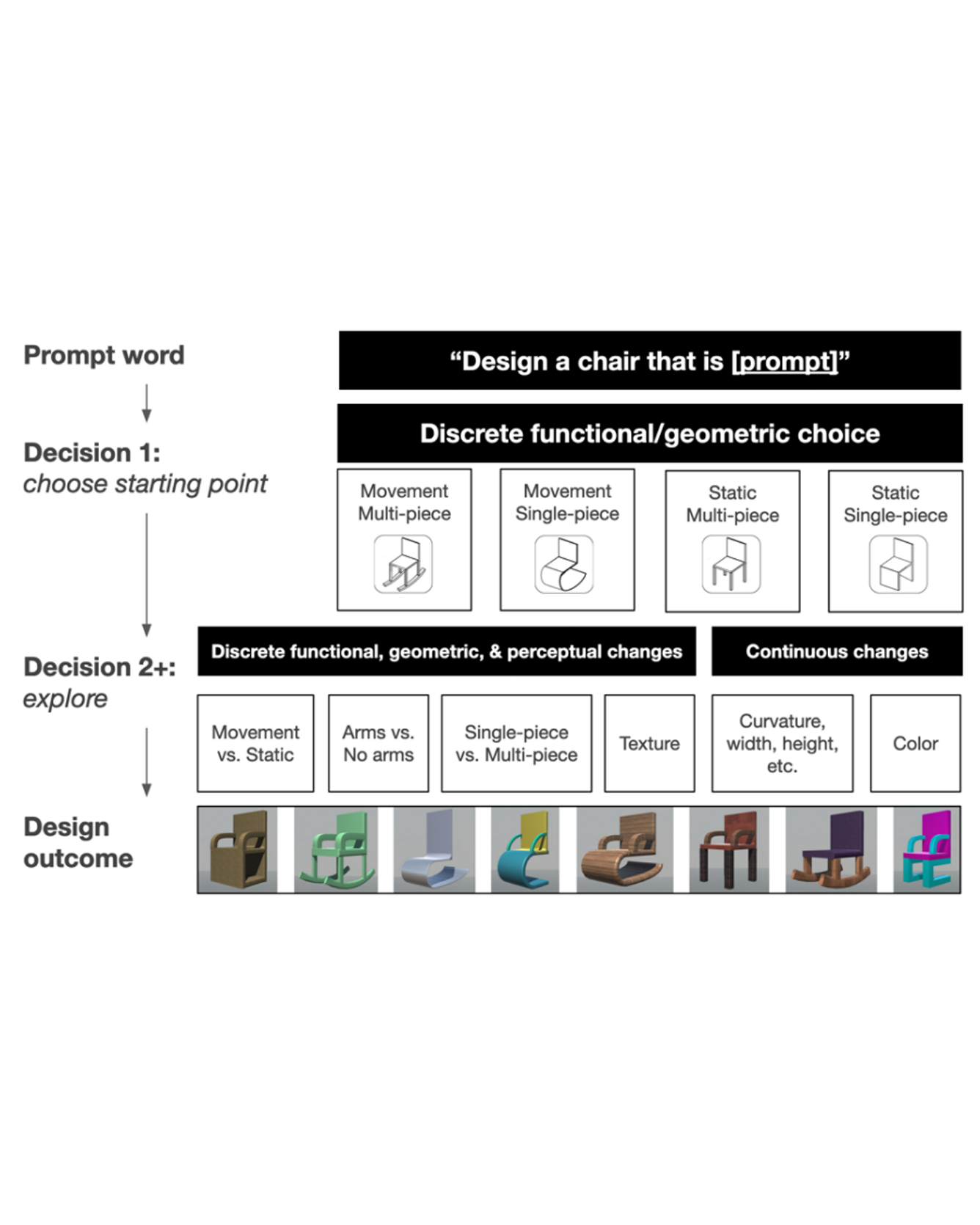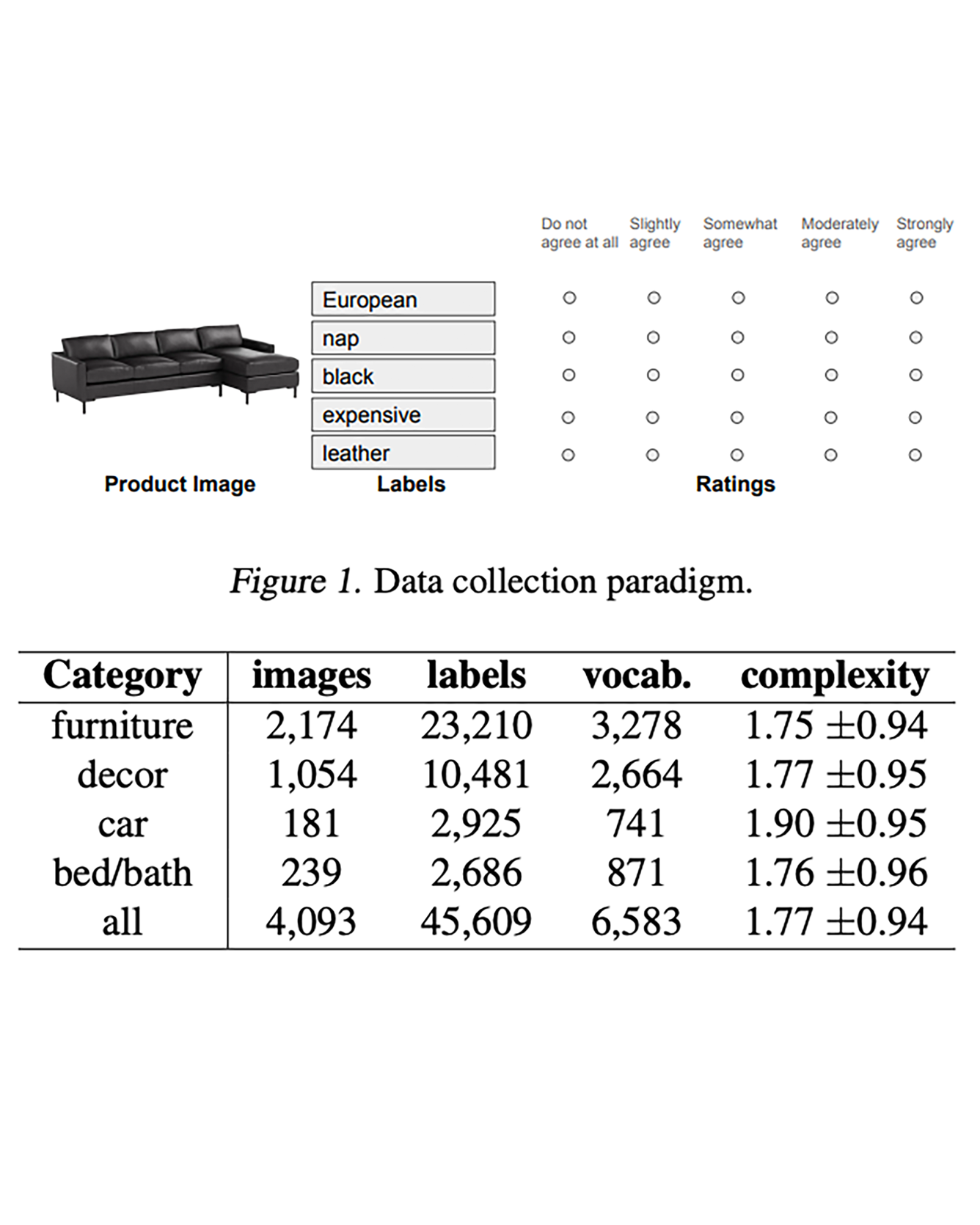
While abstraction is one of the best studied topics in psychology, there is little consensus on its relationship to valence and affect. Some studies have found that abstraction is associated with greater positivity, while other studies have led to the opposite conclusion. In this paper we suggest that a substantial part of this inconsistency can be attributed to the polysemy of the term abstraction. To address this problem, we use a framework developed by Iliev and Axelrod (Journal of psycholinguistic research, 46(3):715–729, 2017), who have proposed that abstraction should not be treated as a unitary construct, but should be split instead in at least two components. Concreteness is based on the proportion of sensory information in a concept, while precision is based on the aggregation of information corresponding to the concept’s position in a semantic taxonomy. While both of these components have been used as operationalizations of abstraction, they can have opposite effects on cognitive performance. Using this framework, we hypothesize that when abstraction is defined as a reduction of precision, it will be associated with greater positivity, but when it is defined as lack of concreteness, it will be associated with less positivity. We test these predictions in a novel study and we find empirical support for both hypotheses. These findings advance our understanding of the link between abstraction and valence, and further demonstrate the multi-component structure of abstraction.


